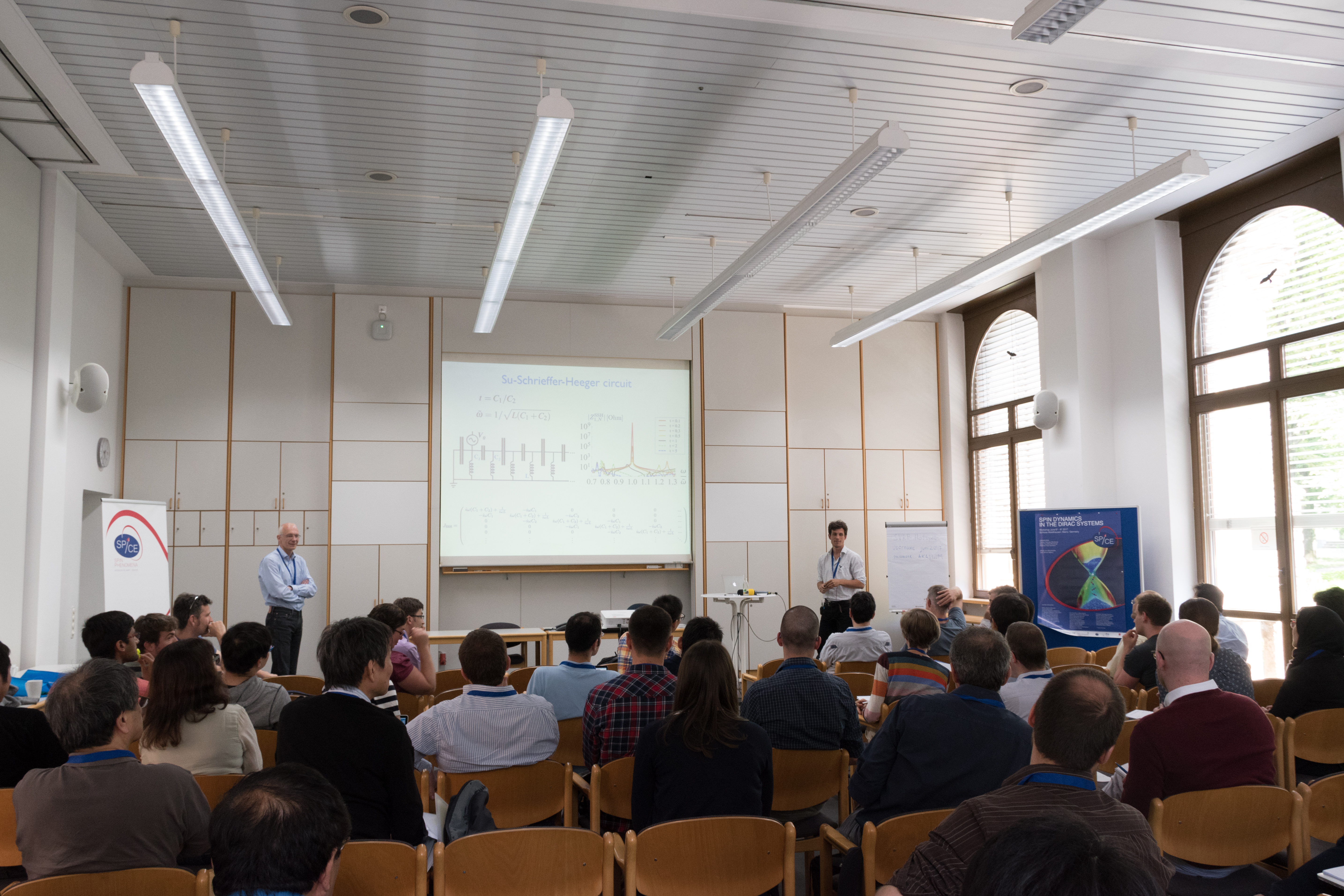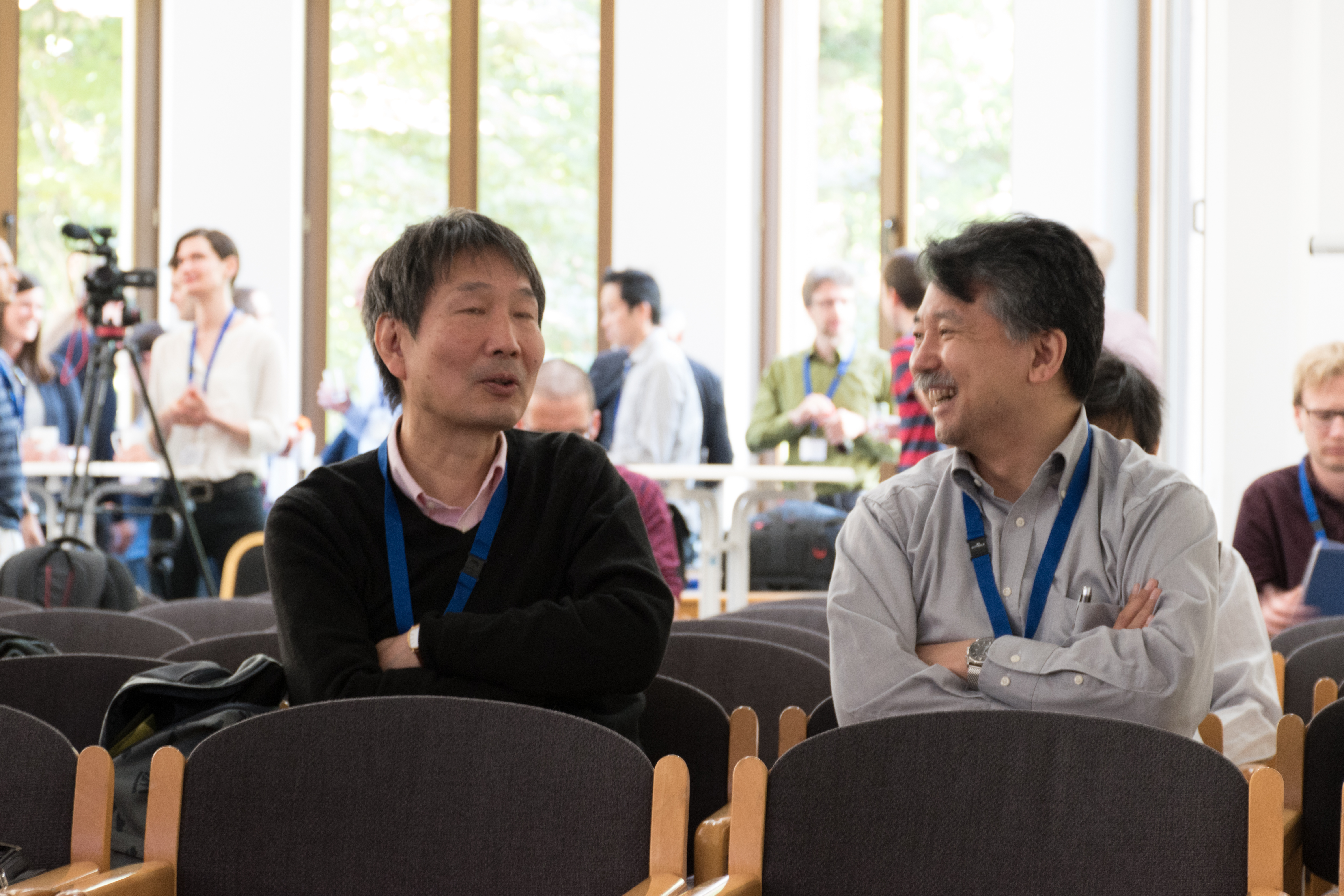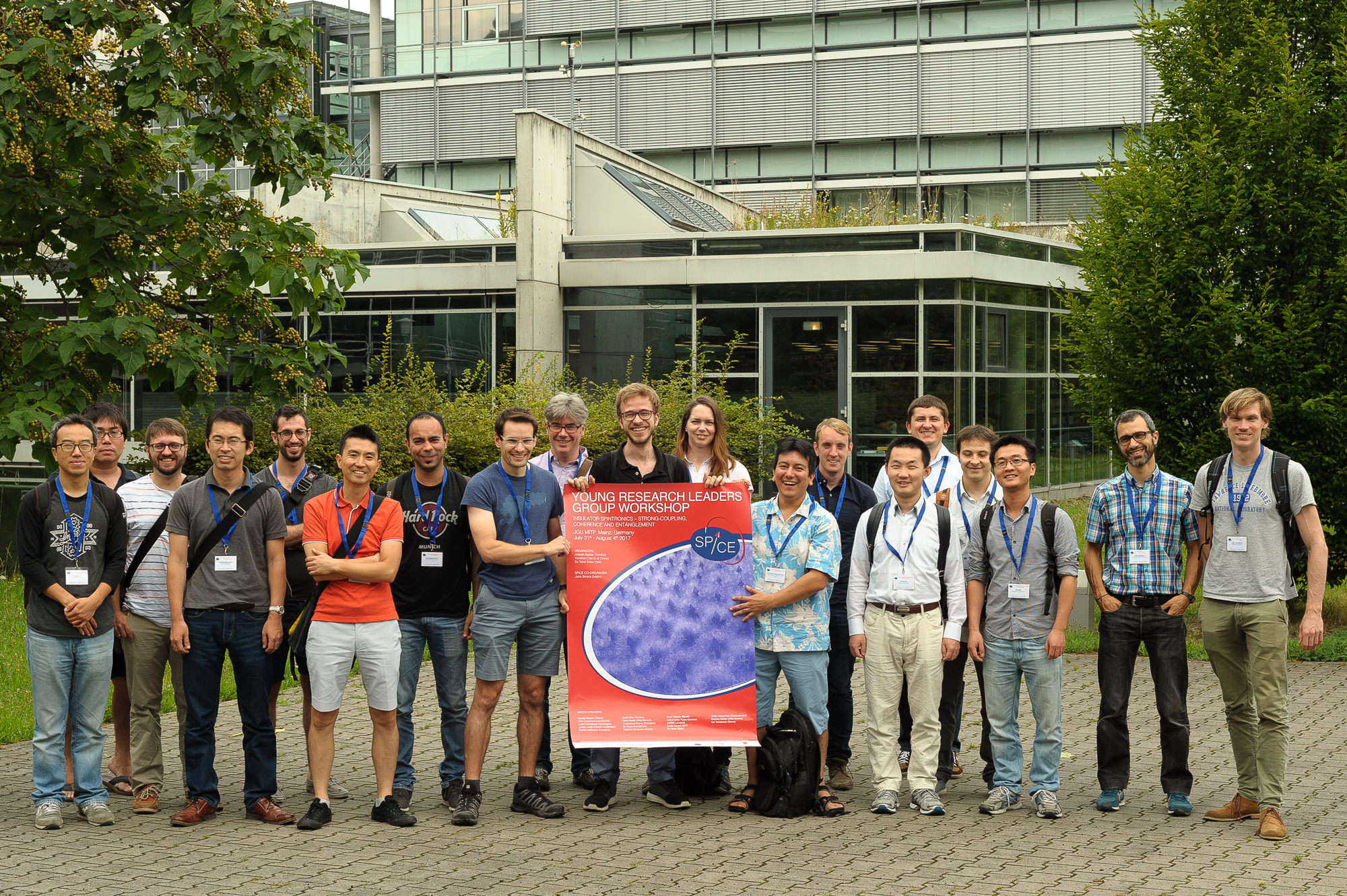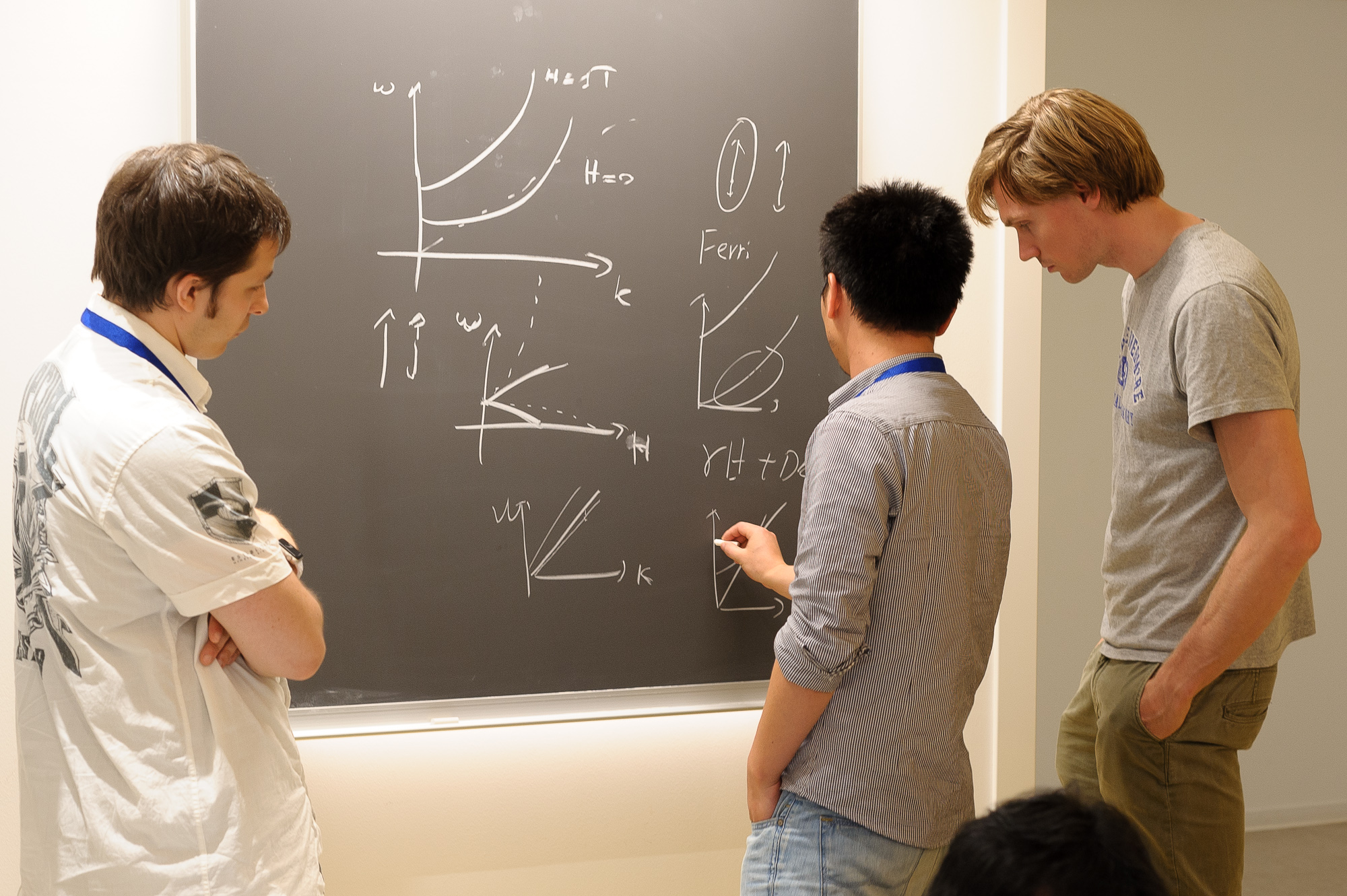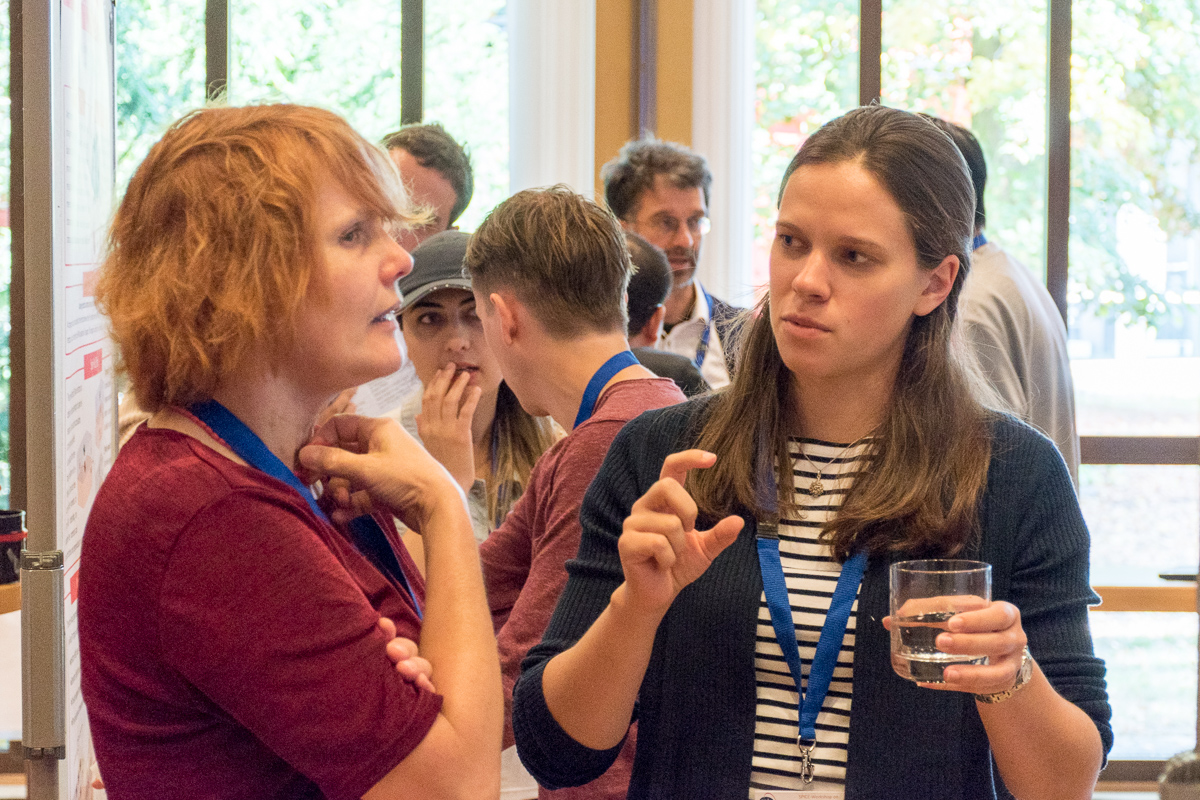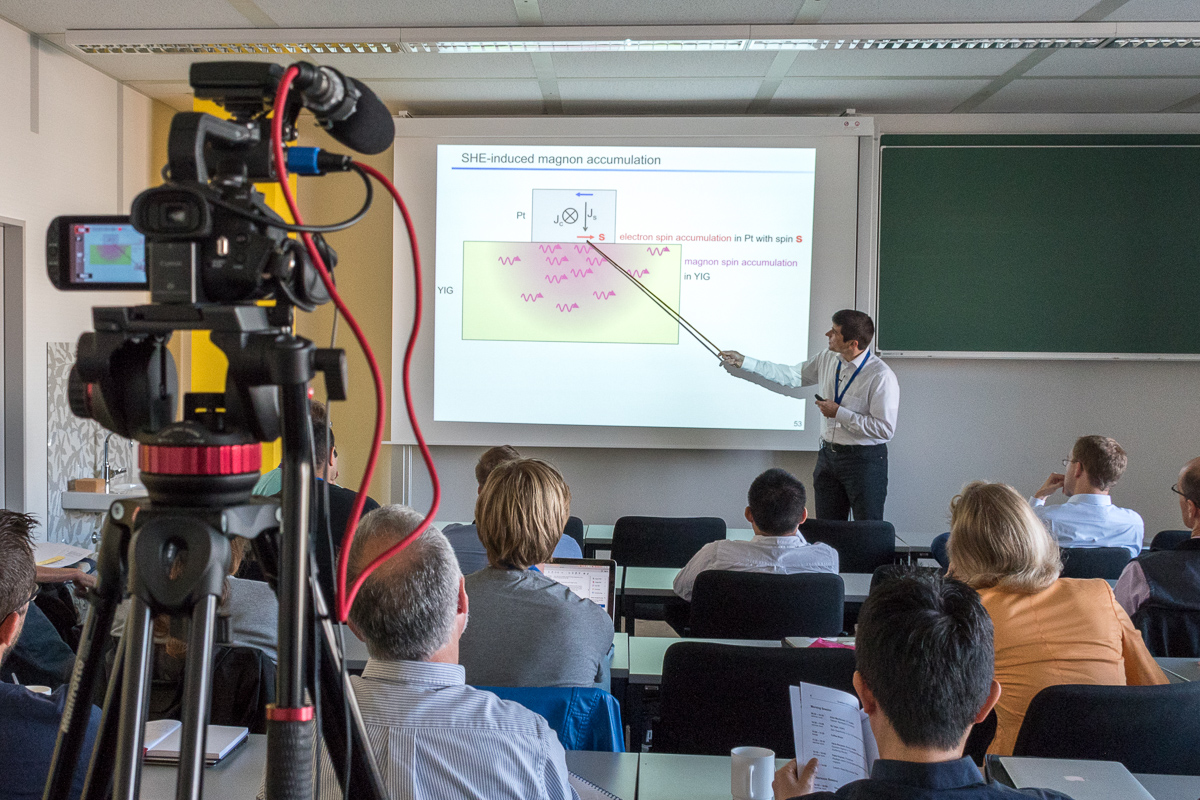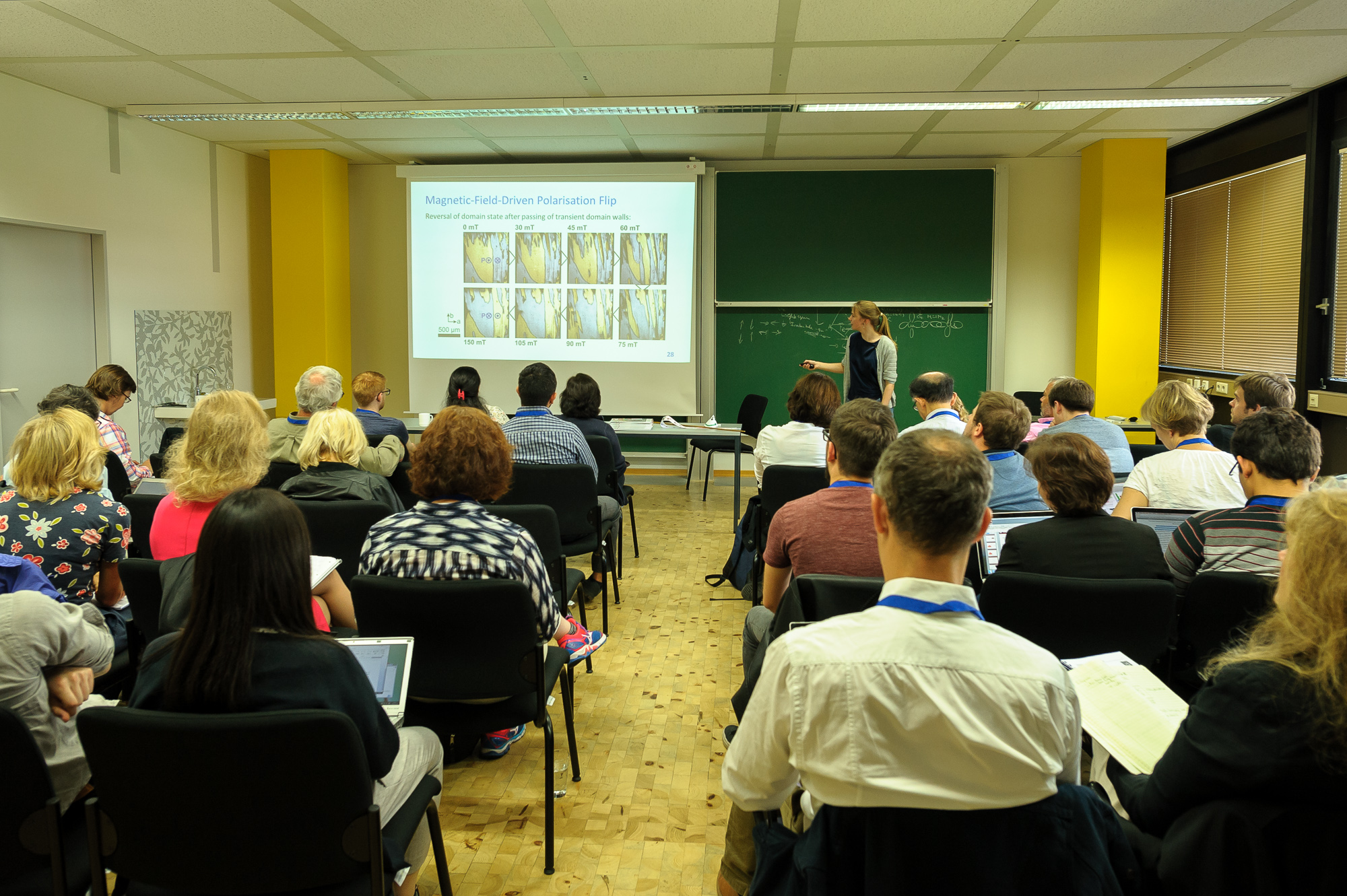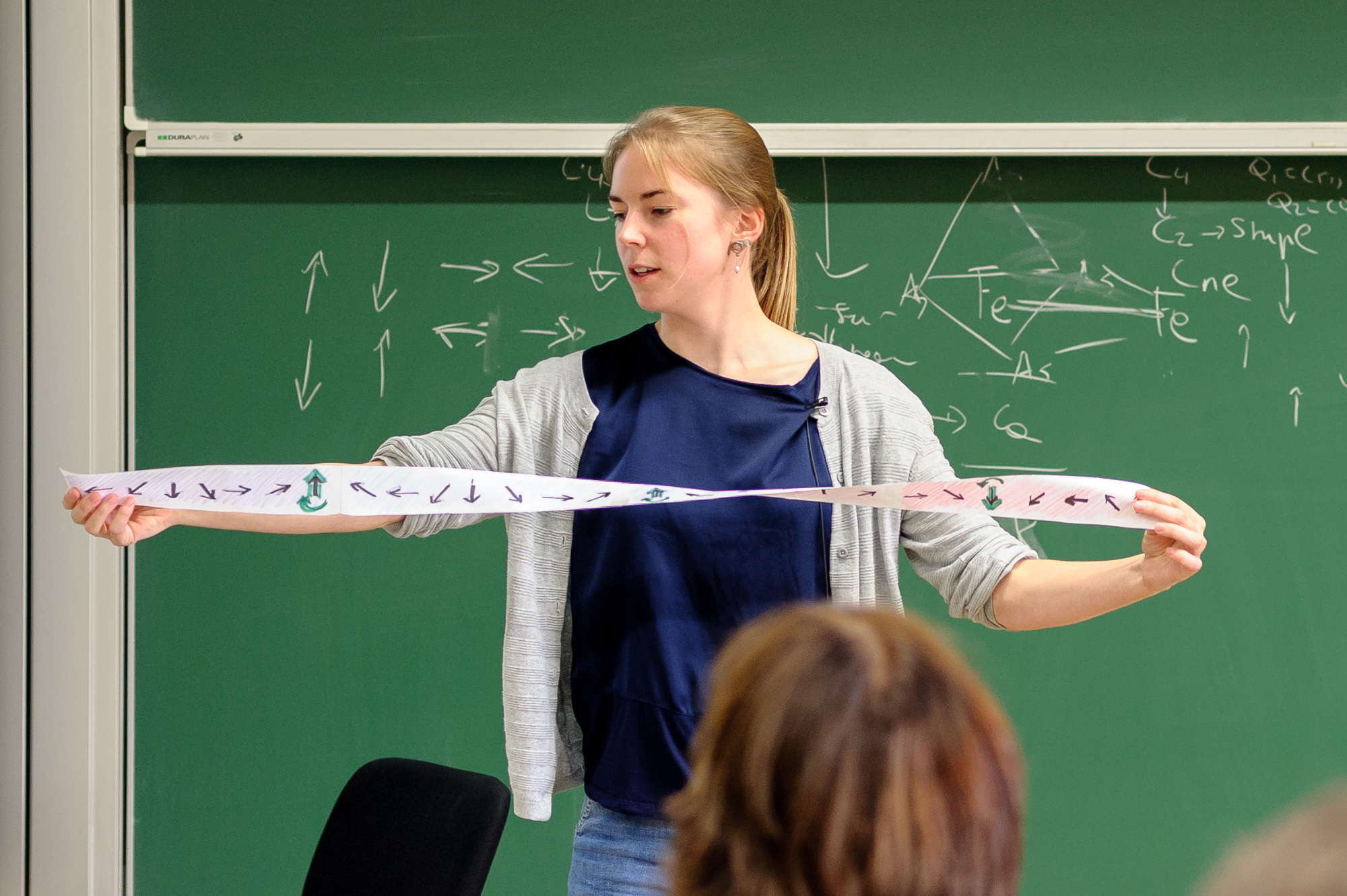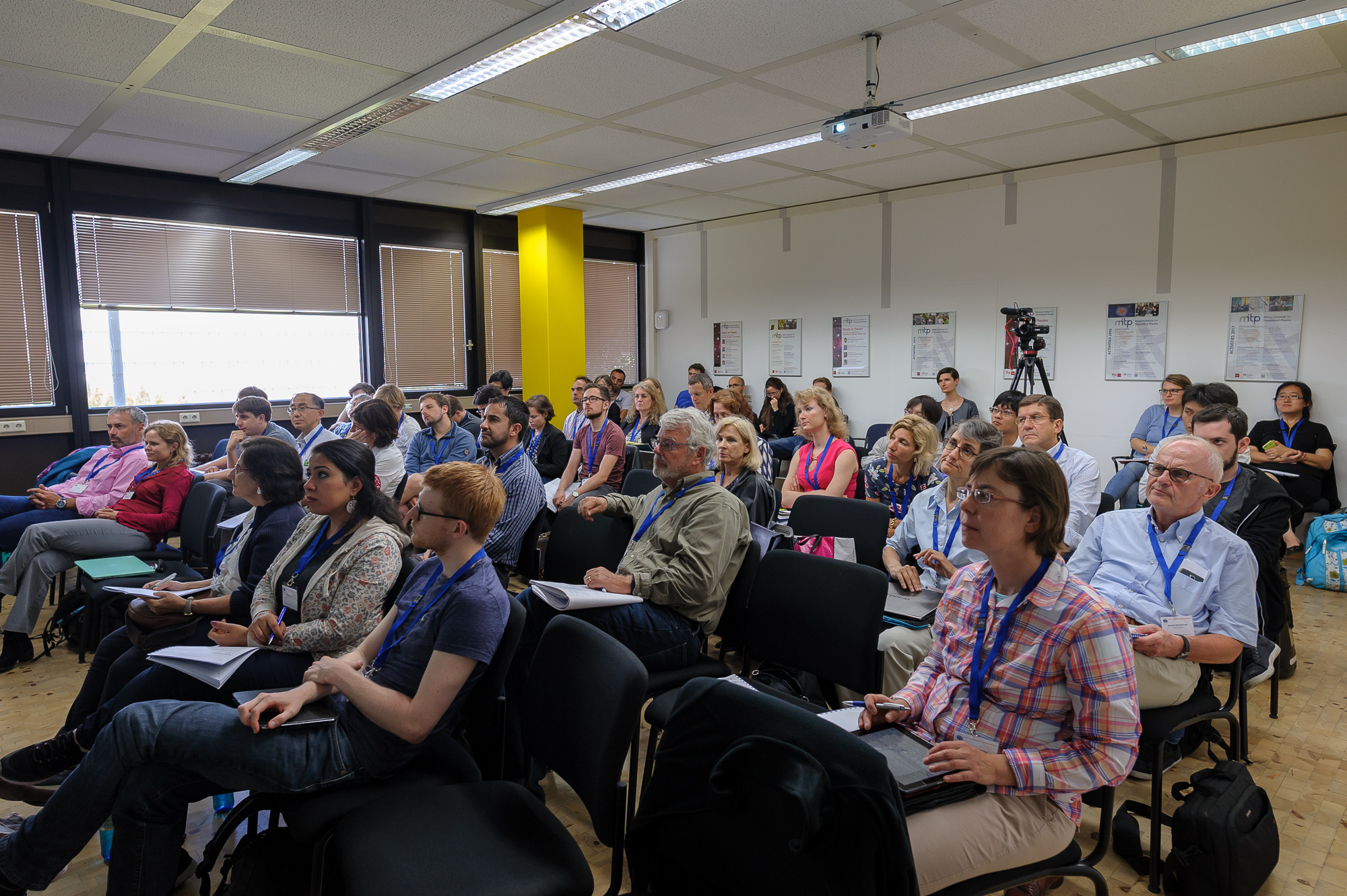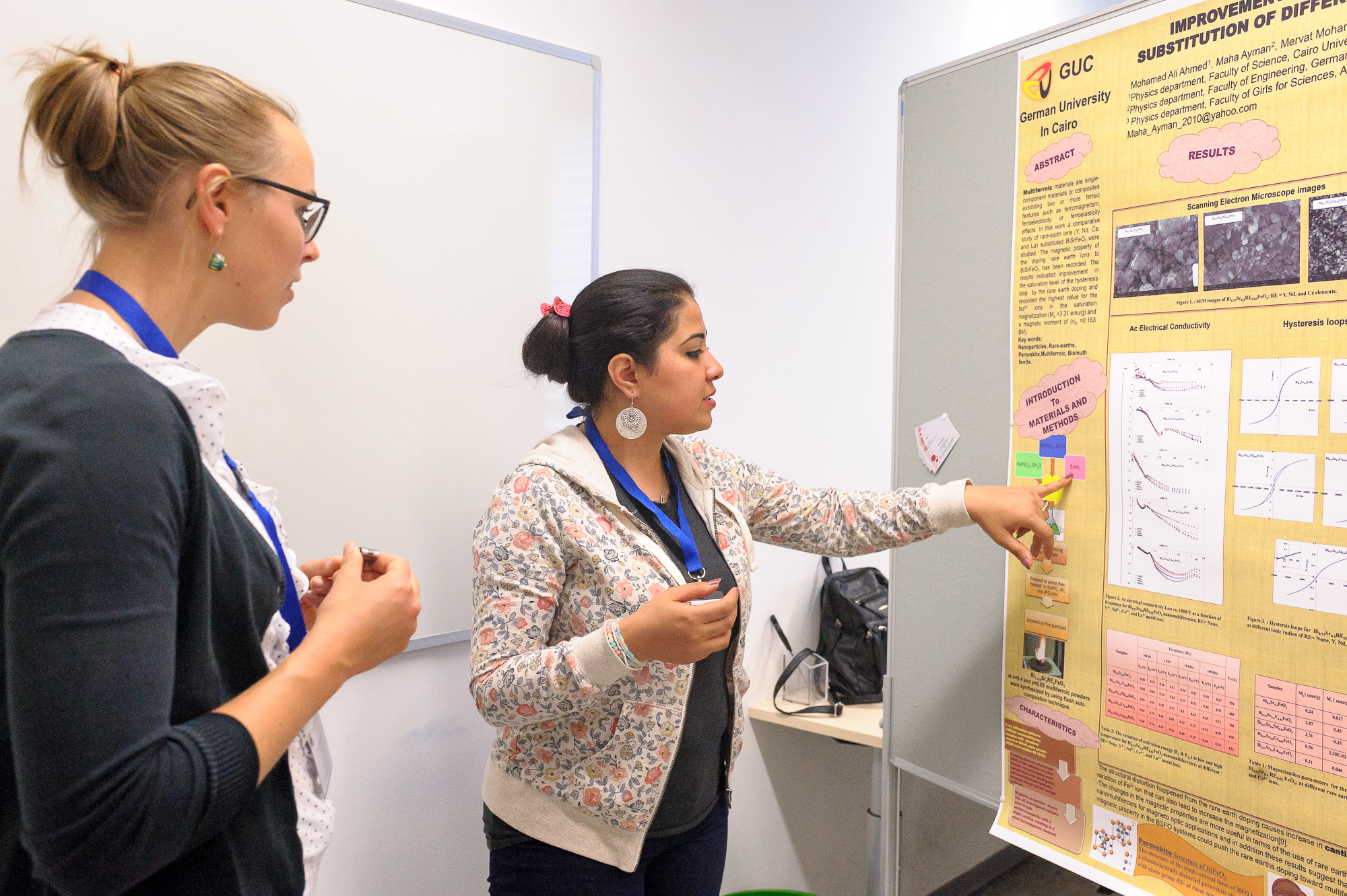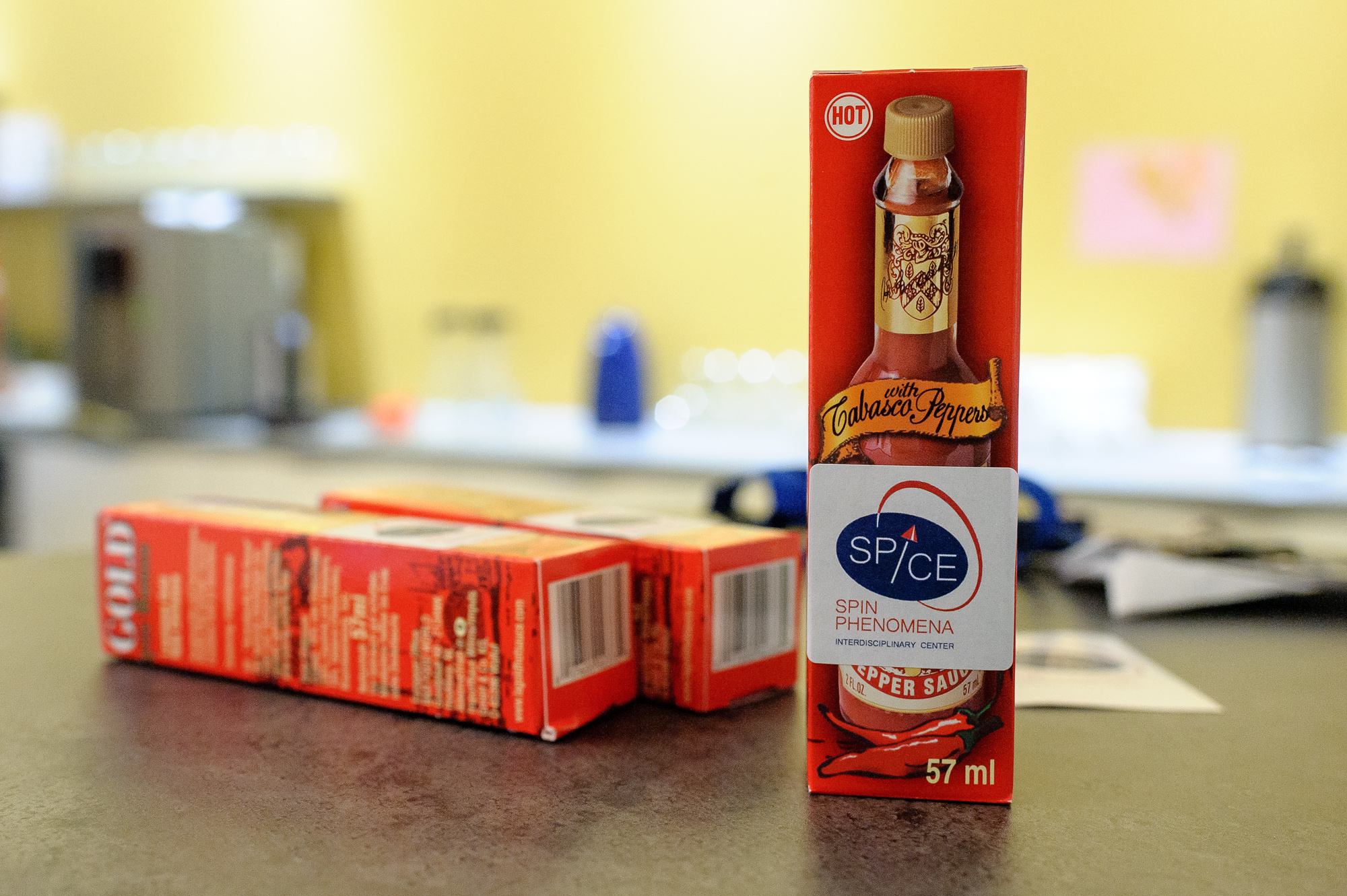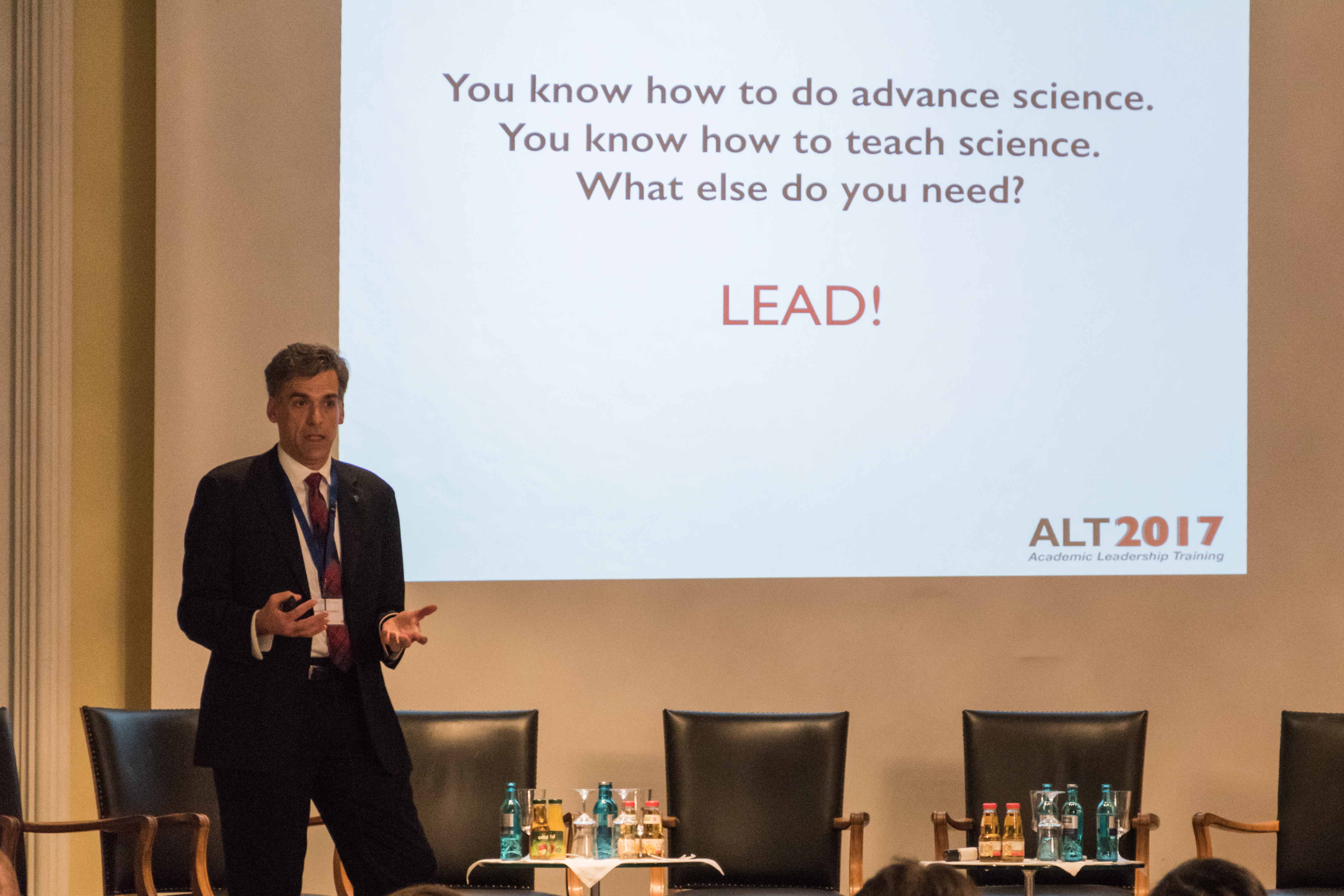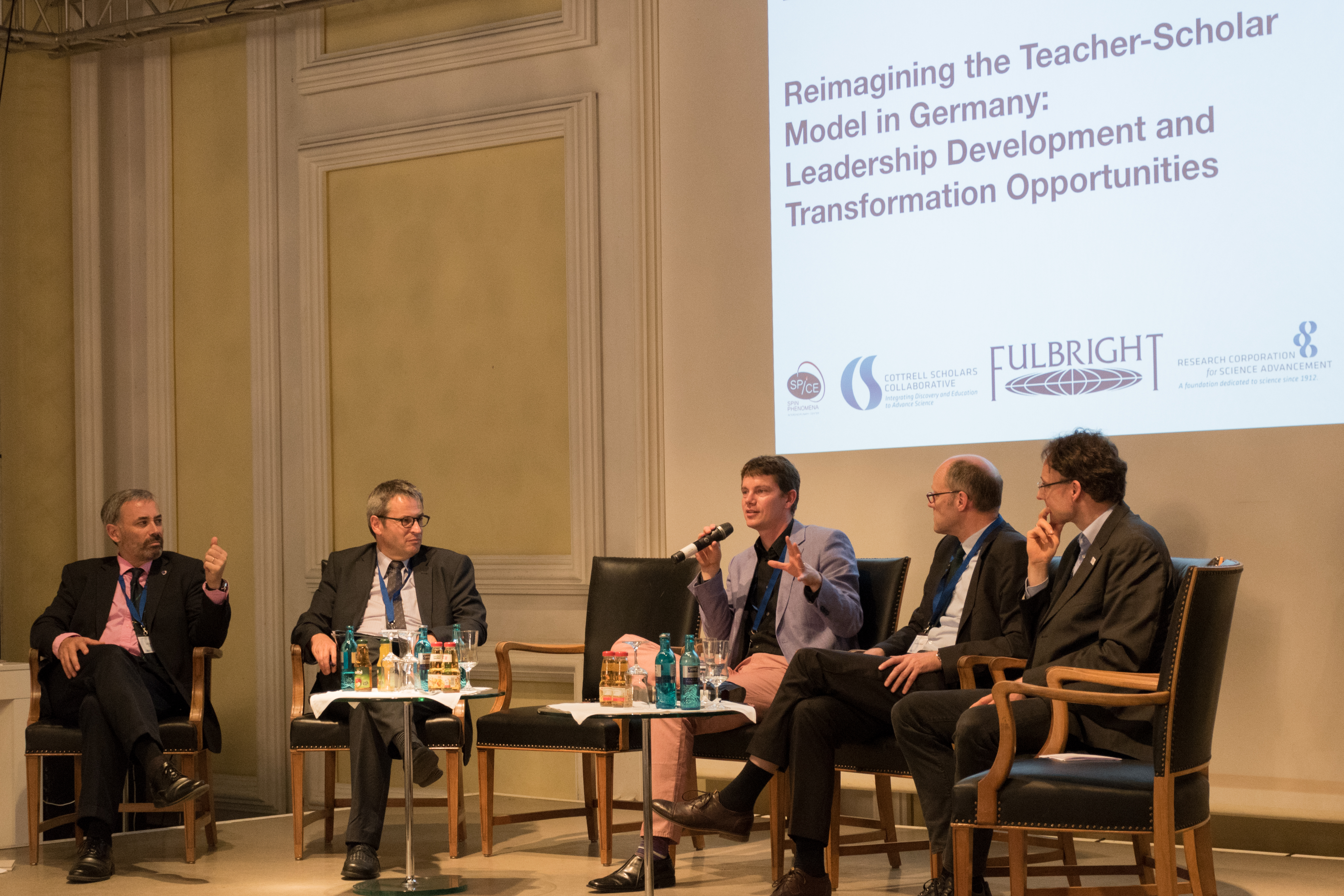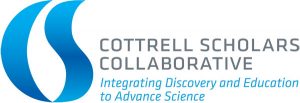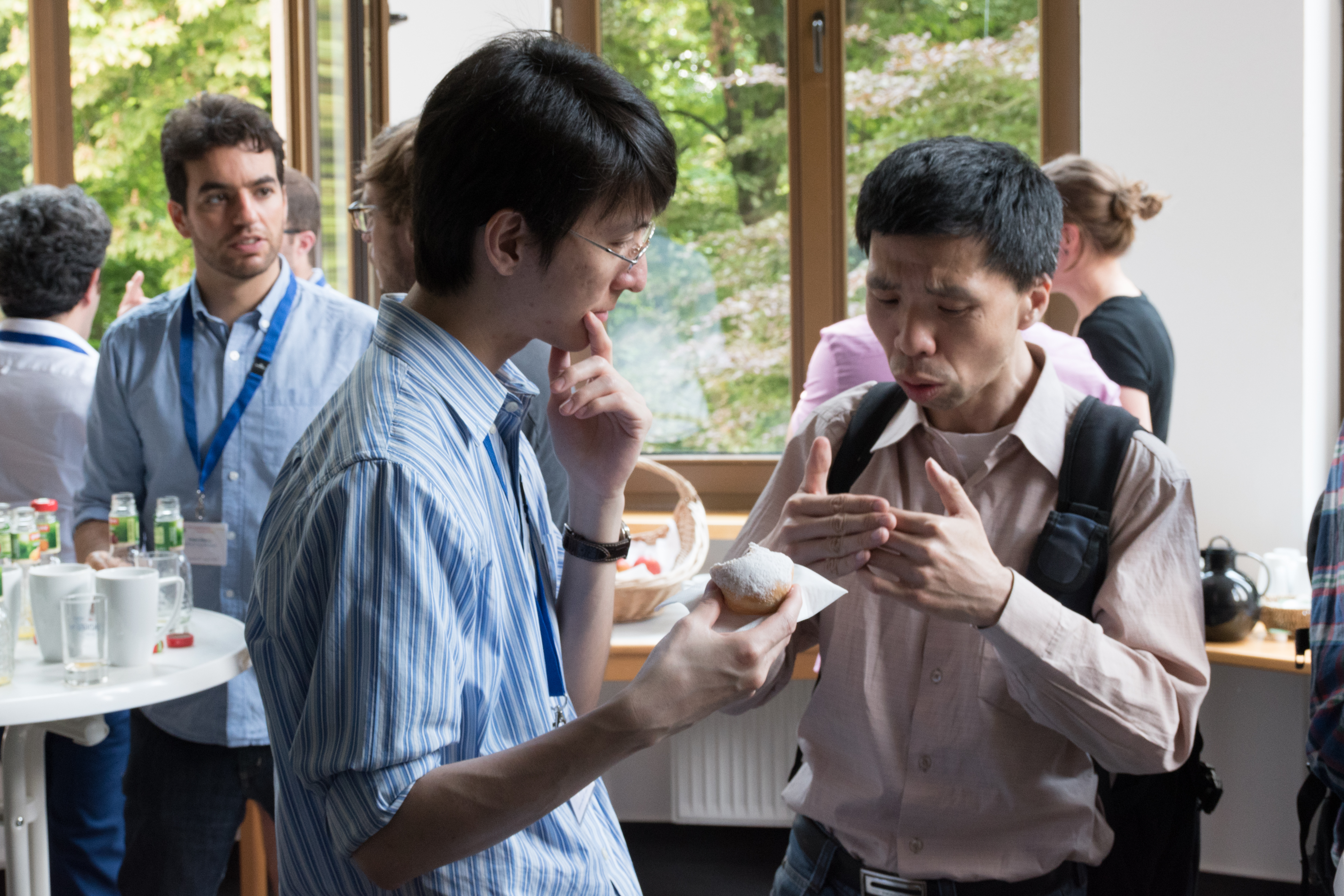Preliminary Program - Non-equilibrium Quantum Matter
Tuesday, May 30th |
|
Morning Session: Light-induced superconductivity |
|
| 08:30 – 09:00 | Registration |
| 09:00 – 09:10 | Jairo SINOVA, Mainz: Opening Remarks |
| 09:10 – 10:00 | Andrea CAVALLERI, Max Planck Hamburg: Intro to light-induced SC |
| 10:15 – 10:30 | Break |
| 10:30 – 11:00 | Dante KENNES, MILLIS group Columbia: Electronic squeezing of pumped phonons: negative U and transient superconductivity (theory) |
| 11:10 – 11:40 | Corinna KOLLATH, University of Bonn: Light-induced superconductivity |
| 12:00 – 13:30 | Lunch |
| 13:30 – 14:00 | Eugene DEMLER, Harvard: Light-induced superconductivity |
Afternoon Session I: Materials driven strongly out of equilibrium and related systems |
|
| 14:10 – 14:40 | Steve JOHNSON, ETH Zurich: Non-equilibrium materials |
| 14:50 – 15:20 | Elena OSTROVSKAYA, Australian National University: Non-equilibrium Bose-Einstein condensation of exciton polaritons |
| 15:30 – 15:50 | Break |
| 15:50 – 16:20 | Yaroslav TSERKOVNYAK, UCLA: Condensation and superfluidity in magnetic insulators |
| 16:30 – 17:00 | Aditi MITRA, New York University: A large-N study of critical quenches of interacting fermions and implications for pump-probe spectroscopy |
Afternoon Session II: Dynamics of cold atoms, in particular dynamics of impurities, & dynamical phase transitions |
|
| 17:10 – 17:40 | Sandro STRINGARI, University of Trento: Dynamics and superfluidity in the presence of spin-orbit coupling |
| 18:30 – 20:00 | Dinner |
Wednesday, May 31st |
|
Morning Session I: Dynamics of topological excitations in superfluids |
|
| 09:00 – 09:30 | Martin ZWIERLEIN, MIT: Solitonic excitations in fermionic superfluids |
| 09:40 – 10:10 | Joachim BRAND, Massey U. New Zealand: Dark solitons and vortices in strongly-correlated and topological superfluids |
| 10:20 – 10:35 | Break |
| 10:35 – 11:05 | Johannes HOFMANN, Cambridge UK: Quantum soliton friction and soliton diffusion |
Morning Session II: Exotic quantum non-equilibrium phenomena (cont.) |
|
| 11:15 – 11:45 | Lev IOFFE (Rutgers): Quantum butterfly effect |
| 12:00 – 13:30 | Lunch |
Afternoon Session: Dynamics of cold atoms, in particular dynamics of impurities, & dynamical phase transitions |
|
| 13:30 – 14:20 | Anatoly POLKOVNIKOV, Boston University: Dynamical phase transitions |
| 14:30 – 15:30 | Rapid presentation of posters (1.5 min each) |
| 15:30 – 18:00 | Poster session |
| 18:30 – 20:00 | Dinner |
Thursday, June 1st |
|
Morning Session: Interplay between Floquet perturbations and topology |
|
| 09:00 – 09:50 | Gil REFAEL, Caltech: Introduction to Floquet topological insulators |
| 10:05 – 10:35 | Edbert Jarvis SIE, GEDIK group MIT: Floquet topological states in solids |
| 10:45 – 11:00 | Break |
| 11:00 – 11:30 | Mohammad HAFEZI, JQI Maryland: Quantum Hall physics in photonic systems |
| 12:00 – 13:00 | Lunch |
| 13:30 – 14:00 | Nethanel LINDNER, Technion: New developments in Floquet TIs |
Afternoon Session I: Many-body localization and Floquet time crystals |
|
| 14:10 – 14:40 | Immanuel BLOCH, Ludwig Maximilian University of Munich: Many-body localization |
| 14:50 – 15:20 | Curt VON KEYERLINGK, Princeton: Eigenstate order and floquet phases |
| 15:30 – 15:50 | Break |
| 15:50 – 16:20 | Andrew POTTER, University of Texas at Austin: New non-equilibrium chiral topological phases from time-periodic driving |
Afternoon Session II: Exotic quantum non-equilibrium phenomena |
|
| 16:30 – 17:00 | Jeff STEINHAUER, Technion: Hawking radiation in BECs |
| 17:10 – 17:40 | Grigorii VOLOVIK, Landau Inst. & Aalto U.: Analogue general relativity & cosmology in quantum fluids |
| 18:30 – 20:00 | Dinner |
Friday, June 2nd |
|
Morning Session: Dynamics of cold atoms, in particular dynamics of impurities, & dynamical phase transitions (cont.) |
|
| 09:00 – 9:30 | Ana-Maria REY, JILA UC Boulder: Quantum spin dynamics, coherences and entanglement in systems with long-range interactions |
| 09:40 – 10:20 | Klaus SENGSTOCK, U. of Hamburg: Dynamical phase transitions |
| 10:30 – 10:45 | Break |
| 10:45 – 11:15 | Jörg SCHMIEDMAYER, Vienna Center for Quantum Science & Technology: Integrable dynamics in 1D |
| 11:30 – 12:00 | Meera PARISH, Monash University Australia: Dynamics of impurities in quantum fluids |
| 12:10 – 13:30 | Lunch |
| 13:30 – 14:00 | Sebastian LOTH, Max Planck Hamburg: Dynamics of Heisenberg spin chains |
Afternoon Session: Quantum chaos in kicked cold atomic and related systems |
|
| 14:10 - 14:40 | Chushun TIAN, Inst. for Advanced Study Tsinghua U.: The kicked rotor: from classical chaos to integer quantum Hall effect |
| 14:50 – 16:20 | Jean-Claude GARREAU, LU of Lille France: Quantum simulation of the Anderson transition with a dynamical cold-atom system atoms |
| 16:30 – 17:00 | Sriram GANESHAN, Simons Center for Geomentry & Physics: Many-body dynamical localization & quantum Lyapunov exponent of kicked rotors |
| 17:00 – 17:10 | Closing Remarks |






